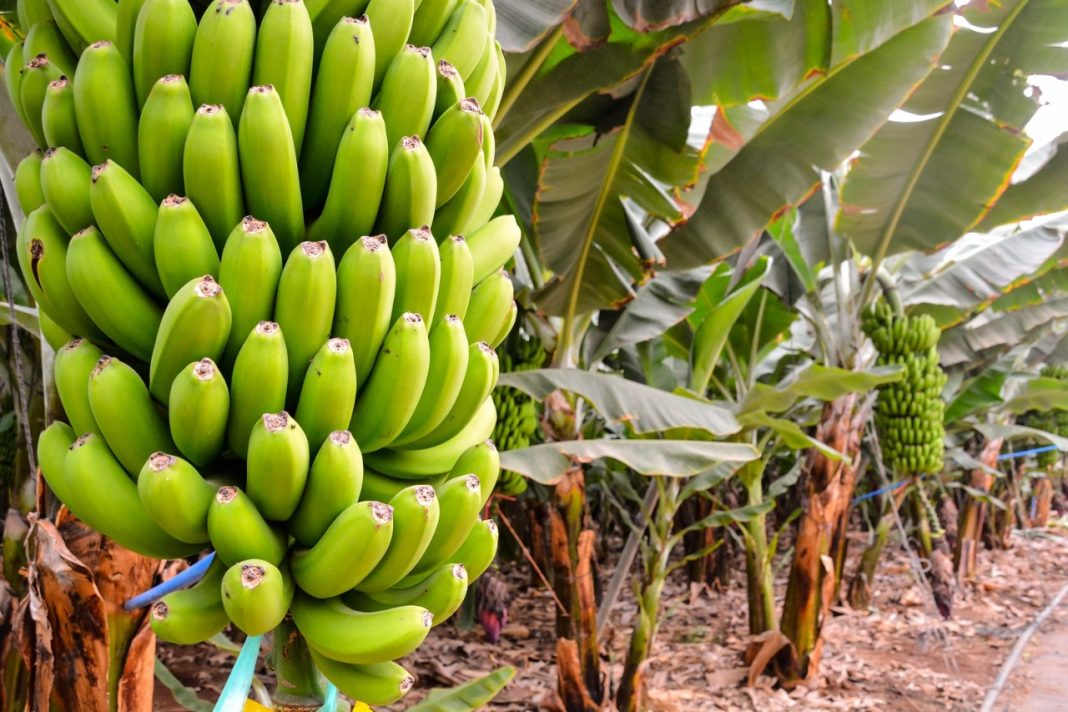ISLAMABAD: Introduction of new varieties and better management practices can improve banana production in Pakistan, says an expert.
Dr Muhammad Iqbal, Principal Scientific Officer at National Agriculture Research Centre (NARC), said while talking to WealthPK that banana plantation contributes to rural development and food security. He said banana is an essential food supplement for 400 million people and the primary source of daily energy for 600 million people.
“A major development in the banana production in Pakistan has been achieved with the development of two new varieties for Sindh province by Sindh Seed Council, which is the country’s leading agricultural research institution,” Dr Iqbal said.
“The new varieties, NIGAB-1 and NIGAB-2, will increase the production of bananas, which in turn will greatly help the country meet its domestic needs as well as its export targets,” he said.
Dr Iqbal said the new varieties of bananas are developed by scientists at the National Institute for Genomic and Advanced Biotechnology (NIGAB), which so far has produced 300,000 disease-free plants through tissue culture.
“Tissue culture is the only way to guarantee that newly planted banana plants are free of roundworms, viruses, and pests. Additionally, the only authorised means to lawfully obtain planting material for banana trees outside of quarantine-restricted locations is through tissue-grown plants,” he said.
Bananas are the world’s most exported fresh fruit, with an annual export volume of $10 billion. Thousands of rural households in developing countries rely on them as an essential source of income to maintain their families. Banana is also a major and important fruit crop in Pakistan. Approximately 93% of Pakistan’s area and 83% of production are found in Sindh province, followed by Khyber Pakhtunkhwa, Balochistan, and Punjab provinces, according to WealthPK research.
“Due to lack of improved varieties and proper post-harvest infrastructure, bananas have a lower shelf life than other fruits and vegetables that is why about 40% of banana crop is lost each year,” said Dr Iqbal.
It is of utmost importance to reduce such losses during the post-harvest phase, address the increasing domestic demand, and maintain competitiveness in the world marketplace as a whole.
“Actions should be taken to adopt new agriculture techniques to fulfil commercial needs,” Dr Iqbal said, and advised the government to involve all parties and create a system through which farmers could communicate with the scientific community.
“Launching skill-development programmes and providing microfinance, particularly in rural regions, should be among the further initiatives,” he added.






